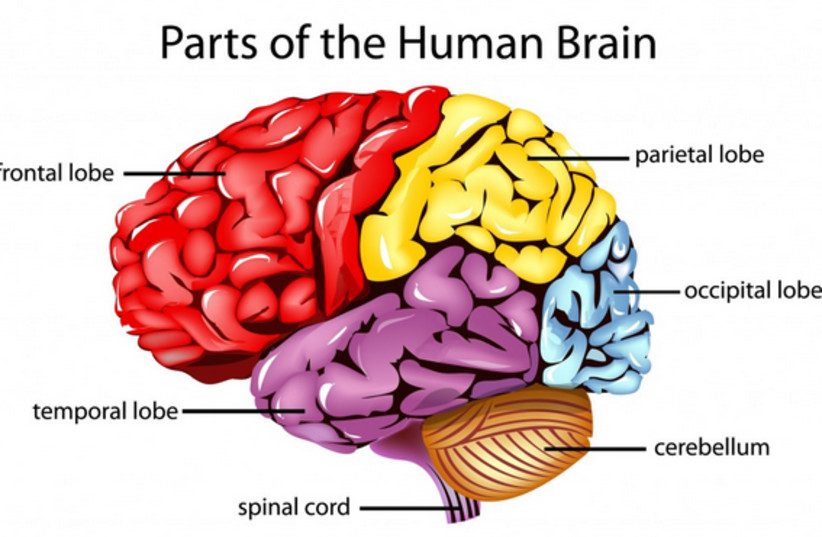Forty-five percent of people who suffer a concussion continue to display symptoms of brain injury six months later, according to a new study. This holds true even for concussions classified as mild.
The research, published Tuesday in the peer-reviewed journal Brain, sheds light on importance of understanding the long-lasting effects of concussions, even mild ones.
Dr. Emmanuel Stamatakis, an author of the study from University of Cambridge noted the research comes as the world is seeing an increase in brain injuries.
“Worldwide, we’re seeing an increase in the number of cases of mild traumatic brain injury, particularly from falls in our ageing population and rising numbers of road traffic collisions in low- and middle-income countries," Stamatakis said.

“At present, we have no clear way of working out which of these patients will have a speedy recovery and which will take longer, and the combination of over-optimistic and imprecise prognoses means that some patients risk not receiving adequate care for their symptoms.”
How does a concussion occur?
Concussion, or mild traumatic brain injury, happens when the head gets a knock or jolt. This can result from to a fall, sports injury, or crash. Although labeled as “mild,” concussions can be associated with severe and long-term symptoms including depression, cognitive impairment, headaches, and fatigue.
The research team looked at data from both MRI and positron emission tomography (PET) scans from 108 patients with mild traumatic brain injury and compared them with scans from 76 healthy volunteers.
Patients with cognitive issues, such as memory problems, showed increased connectivity between the thalamus and brain areas abundant with the neurotransmitter noradrenaline. Meanwhile, patients with emotional symptoms, such as depression or irritability, exhibited greater connectivity with brain regions heavy in serotonin.
Stamatakis concluded: “We know that there are already drugs that target these brain chemicals, so our findings offer hope that in the future, not only might we be able to predict a patient’s prognosis, but we may also be able to offer a treatment targeting their particular symptoms. This personalized approach to treatment could significantly improve the quality of life for those suffering from the long-term effects of concussions."
